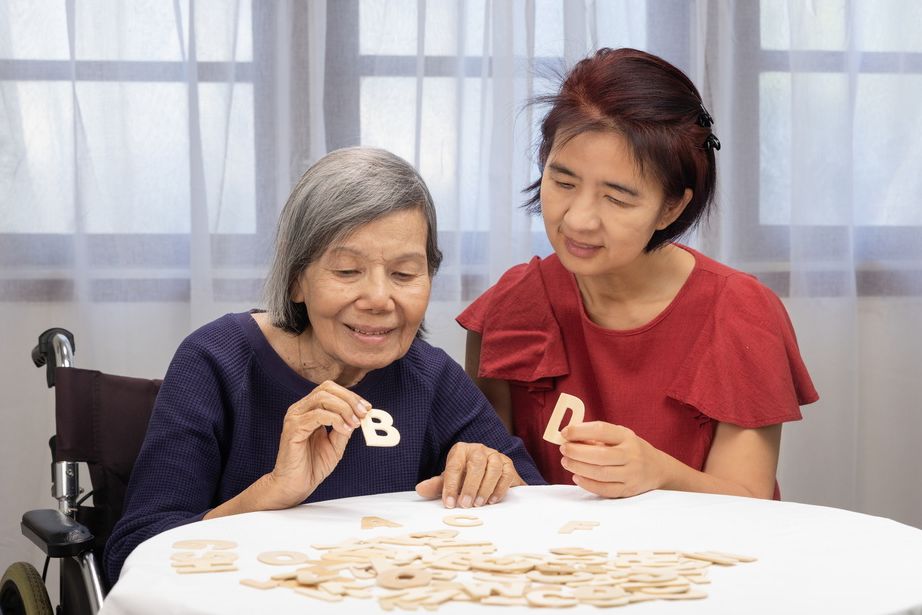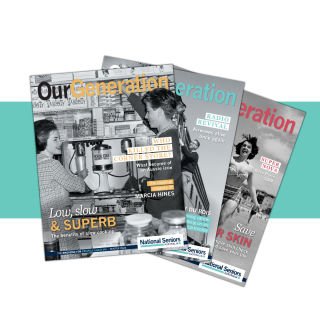Revolutionary change in how ageing is measured
A new international healthy ageing score outperforms frailty in predicting dementia and mortality.

Dementia the leading cause of death
Dementia, including Alzheimer’s disease, accounted for over 17,500 deaths in 2024 and is now the nation’s leading cause of death, overtaking ischaemic heart diseases, according to the Australian Bureau of Statistics (ABS).
Lauren Moran, ABS head of mortality statistics, said, “The number of deaths caused by dementia has risen by 39% over the last decade.”
Over two-thirds (68.2%) of deaths are people aged over 75 years, compared to 66.1% 10 years ago and 63.3% 20 years ago.
“People are now more likely to live to an age where they have a higher risk of developing dementia,” Ms Moran said.
She said this was especially true for women.
Mortality rates due to coronary heart diseases have dropped by nearly 90% since they peaked in 1968, but it remains the leading cause of death for men, causing 10,153 deaths in 2024.
How to best measure health in later life? We all have our own scale of indicators, and they can change from morning to morning.
How are our knees, back, mood, appetite today? And, that creak and groan wasn’t there yesterday, maybe tomorrow will be better. These are all thoughts and conditions that older people bring to each day and can determine how they age.
In more scientific terms, older people are really assessing the predictors of healthy ageing, including their capacity and ability to do everyday things. How our health support professionals assess that influences their care and our perceptions of ourselves.
Importantly, it can also be a predictor of serious conditions such as dementia and mortality.
University researchers from the University of NSW (UNSW) Sydney have found that a new approach to measuring health in later life – known as Intrinsic Capacity (IC) – is a stronger predictor of dementia and mortality than traditional measures of frailty.
The study, published in the International Journal of Geriatric Psychiatry, is the first to validate IC in older Australians.
Frailty versus capacity
A concept developed by the World Health Organization (WHO) as part of its Healthy Ageing framework, IC takes a holistic view of health, emphasising the abilities that support independence and wellbeing, such as cognition, mobility, psychological health, sensory function, and vital capacity.
By contrast, most research uses frailty measures which focus on accumulated health deficits and physical decline to predict negative outcomes such as dementia, disability, and mortality.
“Our findings show that Intrinsic Capacity not only captures the core elements of healthy ageing but also provides unique predictive value for dementia and mortality over and above deficit-focused frailty measures,” lead author, Dr Katya Numbers, said.
Some 400 older adults, aged 70 to 90, participated in the study. Using comprehensive physical, psychological, and cognitive assessments, researchers calculated IC scores across five domains and compared them with two established frailty measures: the Frailty Phenotype and Frailty Index.
Results showed that individuals with higher IC scores had significantly lower risk of both dementia (43% reduced risk) and mortality (35% reduced risk) over 10 years of follow-up, even after controlling for age, sex, and education.
Importantly, IC gave researchers extra insight beyond frailty scores – especially when it came to predicting who would go on to develop dementia. While frailty scores focus on counting the number of health problems that people have, IC provides an overall score for how well their bodies function and how they think, feel, and move as they age.
The researchers say the findings have significant implications for healthy ageing. Rather than seeing ageing as an inevitable decline, IC provides a more holistic and empowering way to monitor health, intervene early, and support older people to maintain independence.
The study strengthens the case for IC as a core marker of healthy ageing, offering clinicians and policymakers a valuable tool to guide more person-centred, preventive approaches to dementia risk reduction and late-life care.
Definition of ageing
WHO defines healthy ageing as “the process of developing and maintaining the functional ability that enables wellbeing in older age”.
Functional ability is about having the capabilities that enable all people to be and do what they have reason to value. This includes a person’s ability to:
Meet their basic needs
Learn, grow, and make decisions
Be mobile
Build and maintain relationships
Contribute to society.
IC comprises all the mental and physical capacities that a person can draw on and includes their ability to walk, think, see, hear, and remember.
The level of IC is influenced by several factors such as the presence of diseases, injuries and age-related changes.
Environments include the home, community and broader society, and all the factors within them such as the built environment, people (and their relationships, attitudes, and values, health, and social policies), the systems that support them, and the services that they implement.
Being able to live in environments that support and maintain one’s intrinsic capacity and functional ability is key to healthy ageing.
*The discount applies to the total National Seniors travel insurance premium and is for National Seniors Australia members only. Discounts do not apply to the rate of GST and stamp duty or any changes you make to the policy. nib has the discretion to withdraw or amend this discount offer at any time. This discount cannot be used in conjunction with any other promotional offer or discount
National Seniors Australia Ltd ABN 89 050 523 003, AR 282736 is an authorised representative of nib Travel Services (Australia) Pty Ltd (nib), ABN 81 115 932 173, AFSL 308461 and act as nib's agent and not as your agent. This is general advice only. Before you buy, you should consider your needs, the Product Disclosure Statement (PDS), Financial Services Guide (FSG) and Target Market Determination (TMD) available from us. This insurance is underwritten by Pacific International Insurance Pty Ltd, ABN 83 169 311 193.















